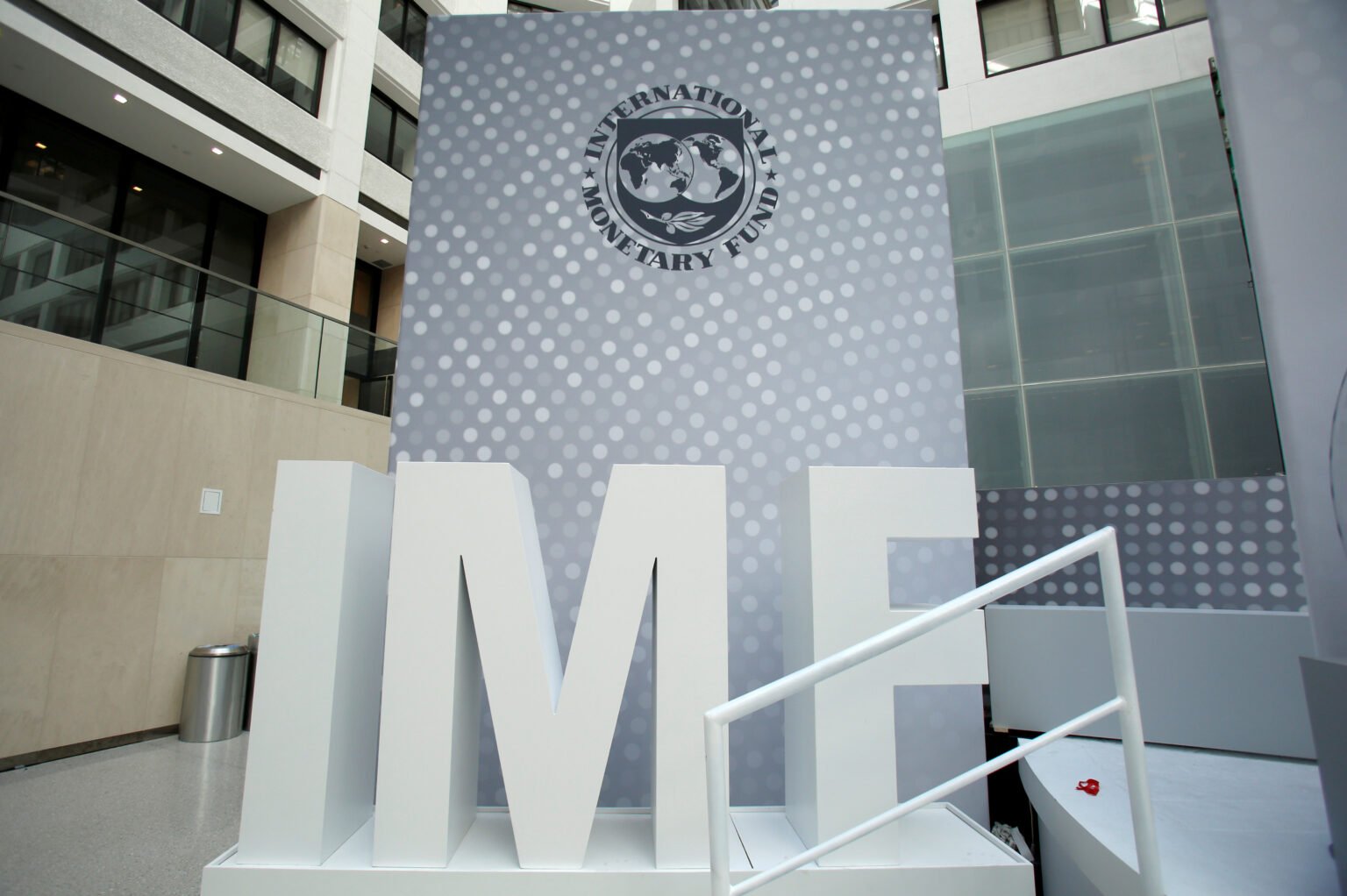Talks with the IMF opened this week, and while things are expected to progress relatively smoothly compared to recent years, there are still some challenges. An agreement is likely to be reached after the budget, with the earliest timeline for an agreement being July. However, there are a few sticking points remaining.
One major issue is the need to generate Rs1.6 trillion in new FBR revenues for the next budget, equivalent to 1.5% of GDP. While this is a significant amount, it is not insurmountable, especially considering the projected increase in tax revenues for FY25. However, a credible revenue plan will need to be shared, as the public is already burdened by heavy taxes and cannot bear further increases, especially the salaried classes who have been hit hard by inflation. Broadening the tax base is essential to meet this revenue requirement.
Another concern is the external financing requirements, which may be over-financed by slightly more than $10 billion over the next three years. However, past projections have been unreliable, and the situation may change depending on various factors.
The current account deficit is projected to rise gradually, reaching $7.7 billion by FY29 from $3 billion in the current fiscal year. However, this projection may change over time, potentially signaling a period of prolonged slow growth unless new bilateral inflows materialize, with developments in Saudi Arabia being particularly noteworthy.
The IMF expresses optimism about the political prospects of a new program, highlighting the continuity of reforms and political stability following the recent elections. However, the political landscape remains unsettled, with ongoing dynamics among various power players. For instance, recent events such as the government losing its parliamentary majority and attempts by the opposition to engage with the military could disrupt the stability described in the Staff Level Agreement.
Uncertainty persists due to high inflation levels and the government’s responsiveness to street protests. Instances such as farmers protesting the weak wheat procurement drive and demonstrations in Azad Jammu and Kashmir over power bills and wheat subsidies have led to government concessions.
While this responsiveness is positive for democracy, challenges lie ahead, including privatizing state-owned entities, taxing retailers, and potential adjustments in the exchange rate that could impact inflation. The government’s unity and resolve will be crucial in navigating these challenges, suggesting that uncertainty may continue in the near term.


